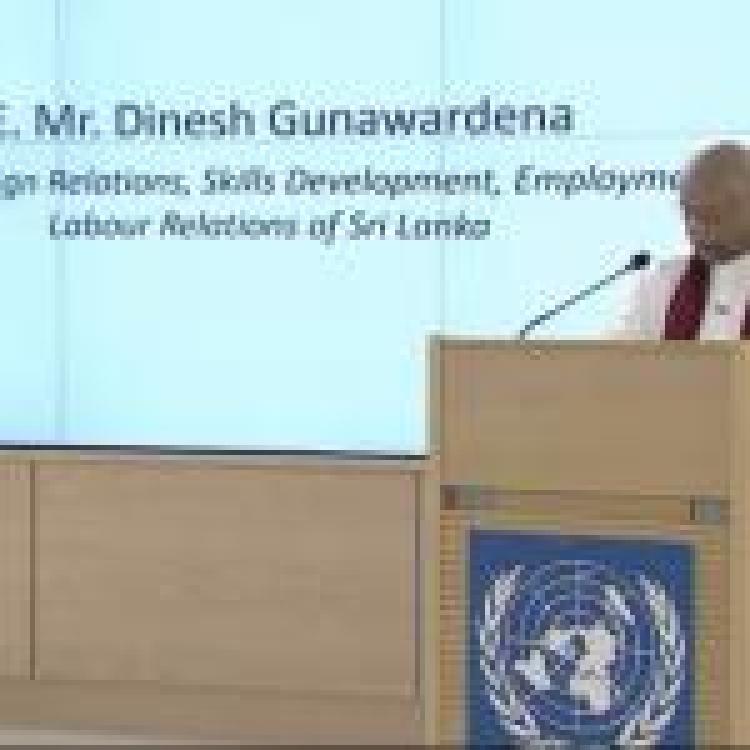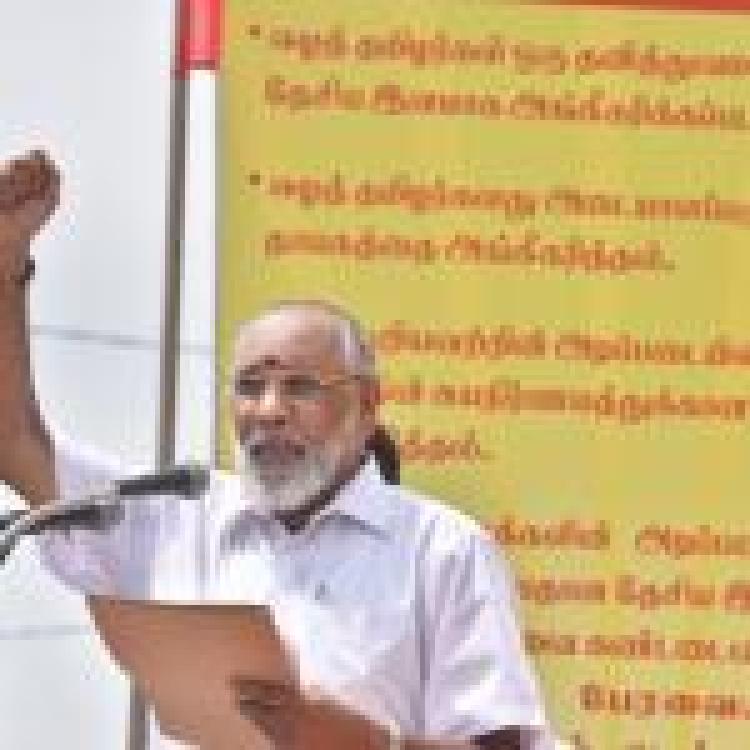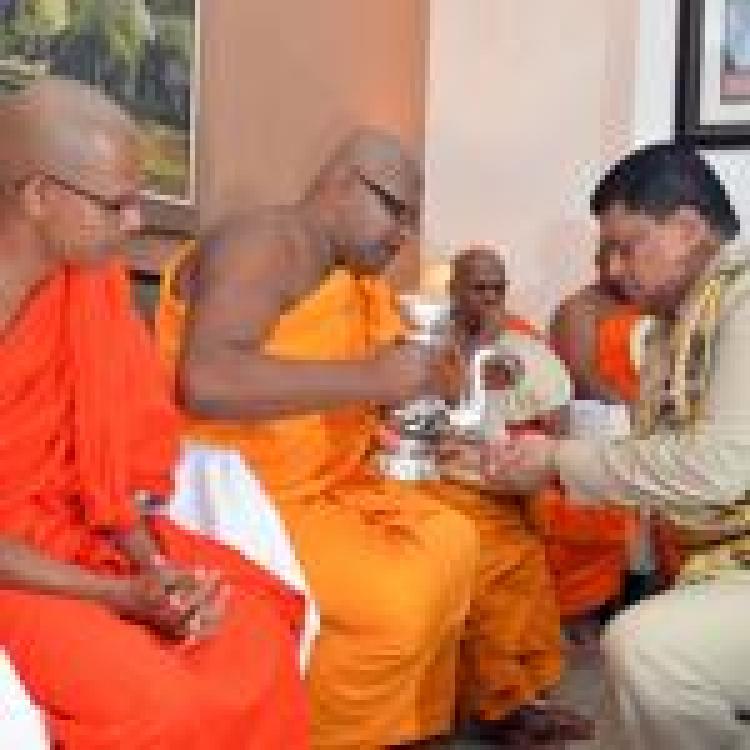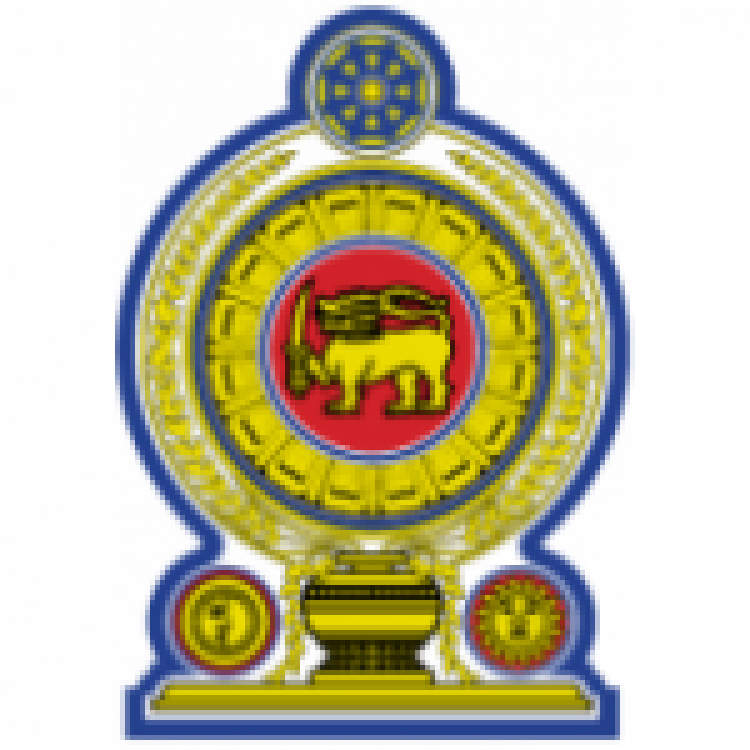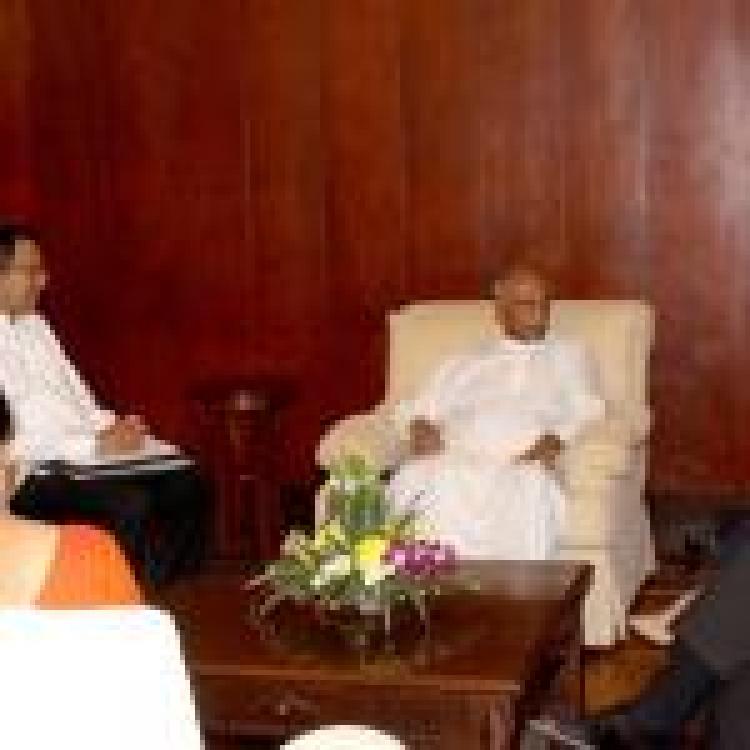The British government has said that it continues to “underline the importance of accountability, justice and reconciliation” in its engagement with the government of Sri Lanka.
FCO Minister of State Nigel Adams Provided written answers this week for questions posed by Afzal Khan, the Labour shadow minister for the home office and immigration.
Asked whether the Foreign Secretary had made an “assessment of the accuracy of allegations that war crimes were committed during the Sri Lankan civil war by (a) Lieutenant General Shavendra Silva and (b) other high-level members of the Sri Lankan Government”, the minister responded:
The UK has long supported Sri Lanka's accountability commitments made to the UN Human Rights Council (UNHRC) through resolutions 30/1, 34/1 and 40/1 as the best way to establish truth regarding alleged crimes committed by all sides during the Sri Lankan civil war, as well as to achieve accountability and reconciliation.
In August 2019, the British High Commission in Colombo issued a joint statement alongside other European partners to express concern about the appointment of Lieutenant-General Shavendra Silva as Commander of the Sri Lankan Army due to the allegations of grave human rights and humanitarian law violations against him.
We continue to underline the importance of accountability, justice and reconciliation in our engagement with the Government of Sri Lanka, including through the statement of the Core Group on Sri Lanka at the UNHRC in Geneva on 27 February. The Minister for South Asia Lord Ahmad of Wimbledon underlined the importance of these issues when he met the Sri Lankan Foreign Minister, Dinesh Gunawardena, in Geneva on 25 February.
To the question of what assessment the Foreign Secretary had made of “the potential merits of imposing (a) sanctions and (b) travel restrictions on high-level Sri Lankan Government officials accused of war crimes,” the minister responded:
We have announced our intention to establish a UK autonomous Global Human Rights ('Magnitsky-style') sanctions regime. The regulations will come into force once secondary legislation is laid in Parliament in the coming months. It would be inappropriate to comment on potential designations before the regulations come into force.
The shadow minister also asked whether the Foreign Secretary planned “to make representations to his Sri Lankan counterpart on seeking justice for the victims of extrajudicial killings that are alleged to have taken place during the Sri Lankan civil war.”
The British Government regularly engages with the Government of Sri Lanka on the importance of truth, accountability and justice for all of the victims of the Sri Lankan civil war. The Minister for South Asia, Lord Ahmad of Wimbledon, underlined the importance of these issues when he met the Sri Lankan Foreign Minister, Dinesh Gunawardena, in Geneva on 25 February. The UK continues to call on the Government of Sri Lanka to fulfil the commitments it has made to the UN Human Rights Council through resolutions 30/1, 34/1 and 40/1, most recently through the statement of the Core Group on Sri Lanka at the UNHCR in Geneva on 27 February.

